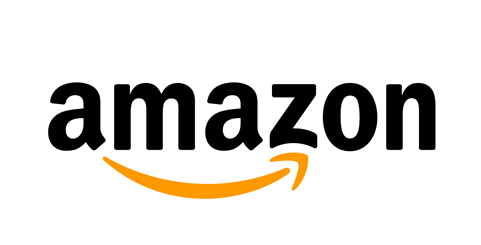 French courts have ruled that Amazon had to reduce its distribution activities to essential items only, due to COVID-19 health and safety concerns for its warehouse staff. As a result Amazon decided to close its French warehouses.
French courts have ruled that Amazon had to reduce its distribution activities to essential items only, due to COVID-19 health and safety concerns for its warehouse staff. As a result Amazon decided to close its French warehouses.
France 24 reported that an internal letter sent to the unions, Amazon laid out its planned closures of its French warehouses until at least 20 April.
The French court ruled that Amazon “had failed to adequately protect warehouse workers against the threat of the coronavirus and that it must restrict deliveries to only food, hygiene and medical products until it addressed the issue”, the New York Times reported. Amazon said it will appeal the ruling.
Amazon said that these closures were caused by the unions filing a complaint in court and said that the proposed fine was set too high at €1 million ($1.08 million). As a result of this decision Amazon decided to close its French operation and furlough its staff until it has assessed the implications.
Amazon is facing similar criticism in the USA, where it has already reduced shipments to essentials as well as restricting shipments of third party resellers on its platforms to keep up with demand.
In a letter to shareholders, Jeff Bezos said: “Amazonians are working around the clock to get necessary supplies delivered directly to the doorsteps of people who need them. The demand we are seeing for essential products has been and remains high. But unlike a predictable holiday surge, this spike occurred with little warning, creating major challenges for our suppliers and delivery network. We quickly prioritized the stocking and delivery of essential household staples, medical supplies, and other critical products.”
“Crucially, while providing these essential services, we are focused on the safety of our employees and contractors around the world—we are deeply grateful for their heroic work and are committed to their health and well-being. Consulting closely with medical experts and health authorities, we’ve made over 150 significant process changes in our operations network and Whole Foods Market stores to help teams stay healthy, and we conduct daily audits of the measures we’ve put into place. We’ve distributed face masks and implemented temperature checks at sites around the world to help protect employees and support staff. We regularly sanitize door handles, stairway handrails, lockers, elevator buttons, and touch screens, and disinfectant wipes and hand sanitizer are standard across our network.
“We’ve also introduced extensive social distancing measures to help protect our associates. We have eliminated stand-up meetings during shifts, moved information sharing to bulletin boards, staggered break times, and spread out chairs in breakrooms. While training new hires is challenging with new distancing requirements, we continue to ensure that every new employee gets six hours of safety training. We’ve shifted training protocols so we don’t have employees gathering in one spot, and we’ve adjusted our hiring processes to allow for social distancing,” Besos said in his letter.



